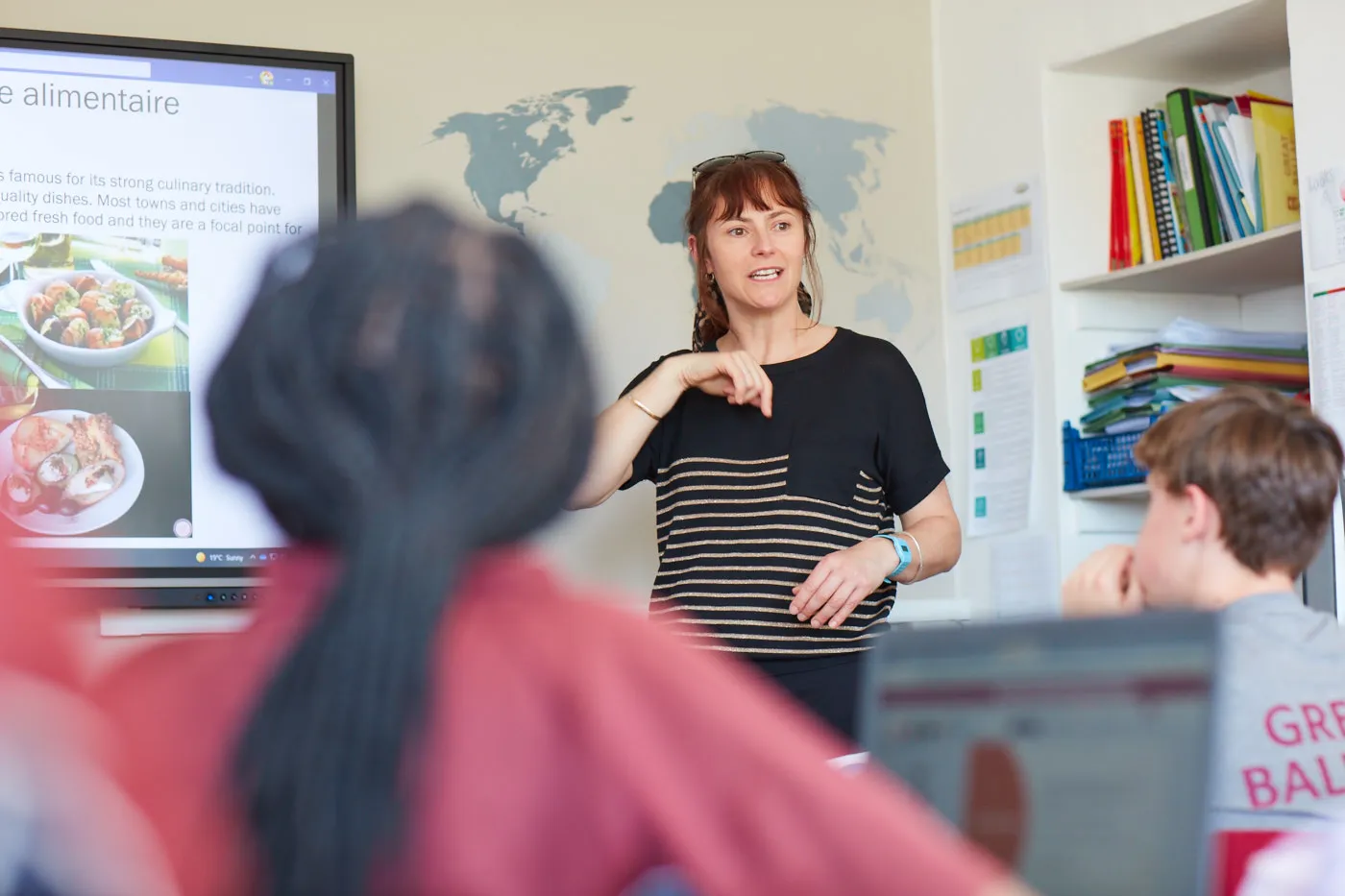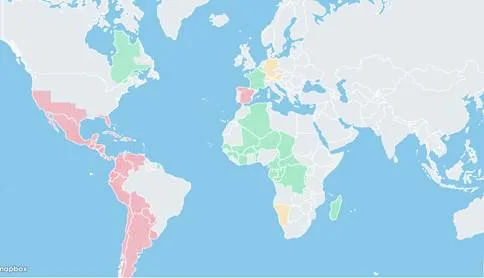
This summer saw a flurry of reports talking about the catastrophic decline in language-learning[i], with numbers studying a language at university continuing a year-on-year fall, which in turn creates a desert for recruiting language teachers, leading to fewer students able to take a language at secondary school. The British Council’s Language Trends England[ii] report found that progress towards the previous government’s Ebacc target of 90% of pupils studying a language to GCSE is going backwards.
If you think about it logically, it’s obvious why studying a language is beneficial: enhanced communication skills, leading to career opportunities; educational opportunities and cognitive benefits; travel and exploration leading to cultural enrichment; social connections and personal growth.
However, pragmatically, when considering time-investment versus return, with regards to GCSE options, financial return, employability, languages become a nice-to-have rather than a must. But this is a false economy. The German ambassador to the UK, Miguel Berger, stated that German (the least offered and studied of our closest neighbours’ tongues), in particular, is an extremely practical and sought-after skill – it’s highly in-demand among British employers.
So, why speak another language? Doesn’t everyone speak English? With an estimated 1.2b speakers of the Chinese family of languages, 586m of Spanish, and 400m of English … (check out the World Language Map, it’s fascinating ), English is the third most widely spoken language, so you can see why this opinion might exist … or because most of our TV streaming platforms are almost entirely US based!
But, at GB, it’s never about the numbers. It’s about quality.
That’s why we’re evolving not regressing, with modern foreign language-learning starting as early as key stage 1. Our year 2s and 3s experience an ‘exploration of culture and language’ programme with a term each of French, Spanish and German. French and Spanish are studied by all students up to Year 9, with our international students studying German and/or English as an Additional Language. GCSE classes are typically small, allowing individual support. We also provide opportunities for students to immerse themselves in the language and culture they are studying, organising annual language trips abroad for our senior students.

Being part of the rich linguistic tapestry of the world is not only about communication and getting a better job, it broadens our understanding others and ourselves, world history, culture, politics, relationships: preparing us for the future, whatever it brings.
By Joanne Sykes, Head of MFL
[i] www.hepi.ac.uk/2025/07/31/new-report-shows-decline-in-formal-language-learning
[ii] https://www.britishcouncil.org/research-insight/language-trends-england-2025
[iii] https://bilingualjobs.io/language-world-map